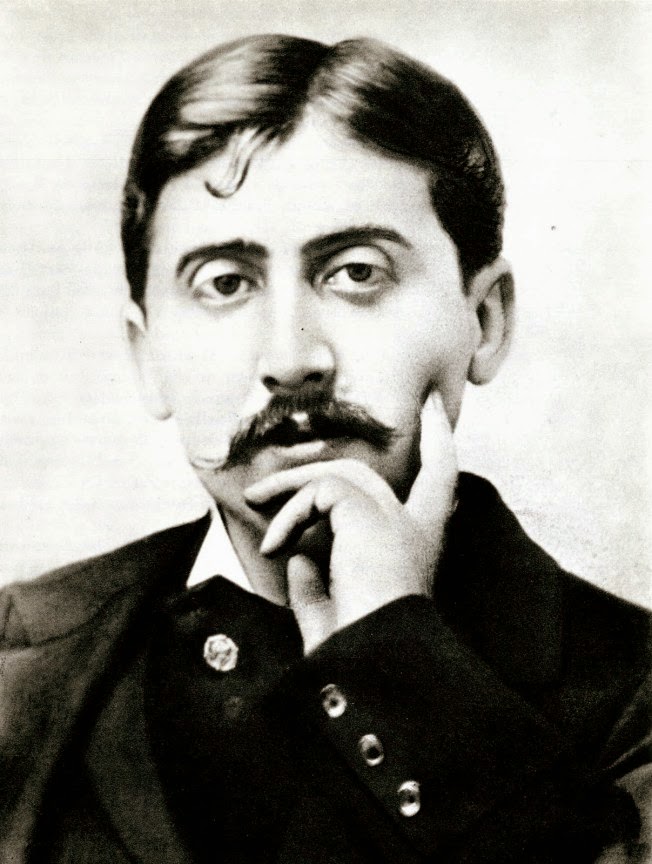As the exam season drones on, the thoughts of this intrepid blogger turn to the highlights of recent British culture.
Music: The Black Keys- Turn Blue
Retro rockers follow up their storming breakthrough album, with added groove
 |
| Patrick Carney (left) tries not to look enviously at Auerbach's beard |
After
El Camino (whatever that means) spawned the hit singles
Lonely Boy and
Gold on the Ceiling, things were looking good for Dan Auerbach and Patrick Carney. They enjoyed the high-profile support of Jennifer Lawrence (now being blue once again in yet another
X Men film) and scored a moral victory over Jack White after he was shockingly abusive to Auerbach in a leaked email to his ex-wife.
Turn Blue represents their more laid back view on life. Opener
The Weight of Love strums along happily without a lot happening for an atmospherically protracted introduction, and lasts six minutes all in all, contrary to
El Camino which dashed through frantic vintage rock at break neck speeds before ending disappointingly soon. Although there's nothing here which quite matched the hit singles of their previous LP, it is a significantly more enjoyable album, tinged with a hint of indulgent melancholy. The riffs are perhaps more memorable, and the overall feel a little less monotone, especially with the surprisingly summery
Gotta Get Away to close the album. All in all, a record where one can imagine oneself sprawled out in a smoky bar, half listening to a heartbroken friend whilst enjoying the effects of recreational drugs.
Rating: 8/10
Film: In Fear
Like Blair Witch, but much less irritating and Irish
 |
| Alice Englert reflects gloomily on the prospect of a long drive |
The traditional recipe for horror involves either characters gleefully dismembering themselves whilst under constant attack from some distinctly unsubtle fiend (as in the recent misjudged remake of
The Evil Dead) or dull as ditch water found footage films (like any of the
Paranormal Activity films).
In Fear mercifully fits neither of these stereotypes, and one would expect it to be more than your average horror movie. It's produced by the same people as excellent, offbeat comedy-horror
Sightseers; it's director has done an episode of the consistently visually inventive
Sherlock, whilst its star, Alice Englert was chilling as misled adolescent Rosa in
Ginger and Rosa. It's starkly minimalist, heartstoppingly tense and visceral in its depiction of the effect of fear on human beings. Tom and Lucy are a couple of two weeks who get lost trying to find a secluded hotel in Ireland, discovering all is not well as the signs lead them in circles. As darkness falls and petrol runs low, you are in the car with them as they turn on each other and come under attack from an elusive predator, hellbent on messing with their minds. As well as being tremendously scary, the film makes some rather intelligent points about how we act under pressure and how far our 'selfish genes' will take us in order to survive. Definitely worth a watch.
Rating: 9/10
Theatre: King Lear
Bond director delivers modern adaptation of Shakespeare's masterpiece- with Lear as a raging penguin
 |
| Regan strokes Lear's luxuriously soft beard |
As Sam Mendes points out in the behind the scenes feature for this hotly anticipated play, broadcast three times across UK cinemas, performances of King Lear have settled into a drearily predictable rut. The evil daughters, Regan and Goneril, wear the same clothes and are indistinguishable in terms of personality. The titular king makes a dramatic shift from bad to mad with seemingly no middle ground. Nobody quite understands why Cordelia couldn't think of something nice to say about Lear, and then none of the nasty stuff that follows would have happened. Mendes answers some of these concerns. Goneril and Regan are now distinguishable. Edgar is refreshingly gormless rather than the perfect child, so Edmund's anger is at least somewhat justified. Simon Russell Beale conducted extensive research beforehand, playing Lear suffering from dementia. But this adaptation is far from perfect. At times Beale's Lear turns into a ranting penguin, waddling across the stage before panting like a dog who's run too far. The fool is bludgeoned to death, something which was never dreamt of by Shakespeare, hence why no one refers to it afterwards. The portrayal of Lear as a modern day dictator is somewhat predictable. Yet there are some memorable and electrifying moments. Gloucester's eyes are brutally yanked out with a corkscrew and the climatic battle at Dover seems less like an afterthought than usual. This production's benefits far outweigh its flaws, with its all star cast and visual inventiveness resulting in a top notch night at the theatre, or the cinema for non-Londoners like myself.
Rating: 8/10
Literature: Marcel Proust- In Search of Lost Time Volume 1: Swann's Way
Deeply irritating child precociously reflects on hawthorns whilst neurotic lover gets worked up about almost everything
 |
| Proust arrives at the shocking realisation that the moustache makes him look a bit of an idiot |
In
Little Miss Sunshine, a suicidal uncle looks deeply into his nihilistic nephew's eyes and extols the virtues of Proust. Indeed, Proust is widely thought to have revolutionised the way memory is tackled in literature, with the famous scene where our narrator recalls his childhood by sniffing some tea. But asides from this, the first volume of Proust's (rather lengthy) five volume saga is astoundingly easy to mock. It has a deeply poetic tone, which occasionally veers into pretentiousness. This worked really well for Virginia Woolf in
The Waves but is frankly silly when the narrator is meant to be recalling the experience of his pre-pubescent self. Unlike
The Waves, nothing happens for the majority of the novel. There are some beautifully constructed vignettes, but there are also some drawn out passages which obsess over rather minor details. Once you get into Proust's style it's brilliant, but it's not so great for massaging one's mind after a long day or dipping in and out of. Mercifully there is an oasis amidst the pretentious child's reflections in the middle section:
Swann in Love. The eponymous Charles Swann falls in love with the dubious Odette, who doesn't turn out to be the sweet, retiring figure she first appears. A painfully recounted tale of personal obsession and neurosis, the affair is always more about Swann than Odette, and illustrates teh destructive power of memory. Then, unfortunately, we're left with the annoying child again, but a shock twist and a fantastic closing section makes the overall impression positive.
Rating: 7/10




Someone Sometimes with visits your blog regularly and recommended it in my experience to read as well. The way of writing is excellent and also the content is top-notch. Thanks for that insight you provide the readers!
ReplyDeletebeard grooming products